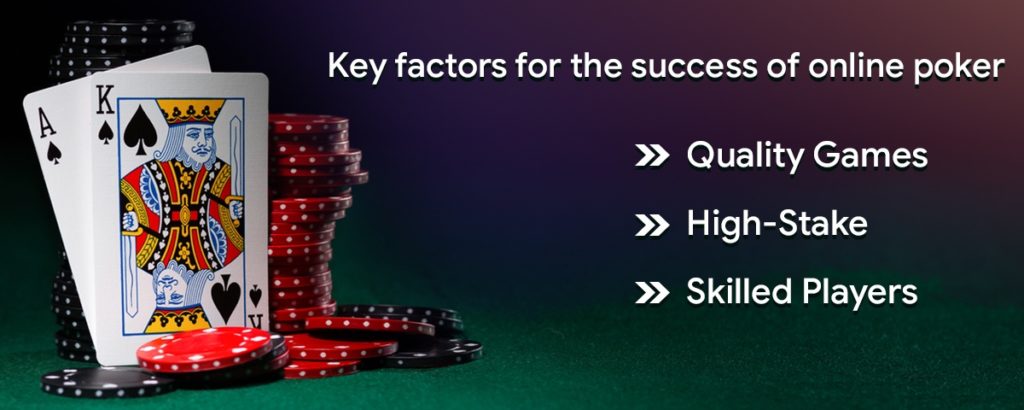How To Be Successful At Online Poker
To play winning poker, a player must first learn the skills needed in order to be successful at the tables. Sure the odd player may win a few hands solely on luck, but your long term goals should be “to win”, and to do so you’ll need a lot more than just a few days of lady luck on your side. It’s about discipline, bankroll management, reading abilities and of course the ability to adapt to your surroundings quickly. Of course there are other tricks of the trade, but essentially these are your four main ingredients surrounding the basics of the game.
Patience and Discipline
- If you are an internet gambler, you can work at any time you wish (or when there are available sessions online for poker and other card games), whereas when visiting casinos, you would work during the most unsocial hours of the day (or night, considering that most British casinos close at 4am).
- If you take online poker seriously at all then getting a HUD is easily one of the most +EV investments that you can make. This is not even to mention all of the innumerable benefits of the poker tracking program itself such as the ability to conduct a session review and a database analysis of your game and that of your opponents.
Above all else, a poker player is disciplined in not only the ability to wait for good hands, but also the ability to lay down good hands when they know their beat. To be successful in poker you need to be able to manage your bankroll and understand which mistakes to avoid and when to avoid them. You should understand when you should quit playing, and have complete control over your emotions during good and bad runs. A good player will know when to fold a hand that could wind him committed when he’s behind, and when to push when the odds are with him. Through discipline, players will be more likely to minimize their losses over the long haul.
For nine-handed tournaments at most sites, pay jumps increase every nine spots (i.e. Every time a table is closed) until you get to the final 18 players. The pay jumps increase every three spots.
Reading Abilities
One of the most pertinent factors in anyone’s game is the ability to read people, not just their hands but their body language and emotions at the table. During live games it’s suggested you don’t touch your cards till it’s your turn to act, no matter how curious you are to see what you have. Instead use that time to watch the reactions of your opponents. Did someone’s eye flicker? Did you catch a glimpse of a smile out of the crack of his mouth? These are subtle but important cues that will give you more insight into your opponent’s hands. After a few rounds you should be able to put your opponents on a range of hands, which will give you a better indication of how behind or ahead you are. On the flip side you should also be able to keep your own table image and body language in check. Just as you are watching your opponents, some maybe watching you and waiting for your subtle cues. Adjust your cues to give information you want to give.
How To Be A Successful Online Poker Player


Switching Gears
How To Be Successful At Online Poker For Dummies
Switching gears is crucial in any game, especially if your opponents have picked up on your patterns in the game. The best way to switch gears is to give your opponents the image that you’re unpredictable. If they start pegging you’re as a tight player, soften up your game a bit and vice versa. Bluff a few pots and be sure to let them know you took their blinds. If on the other hand you’ve been caught bluffing when you shouldn’t have, or have bluffed to many pots, the other players will become more inclined to call you with the intent to force you to show. When this happens simply tighten up your game and starting hand requirements. Essentially what you want to do is to keep yourself from becoming a predictable pattern and to do that you need to change gears when your called too often, or not often enough. In online poker this may be difficult depending on the limits, as low limit players don’t pay a great deal of attention to reading.